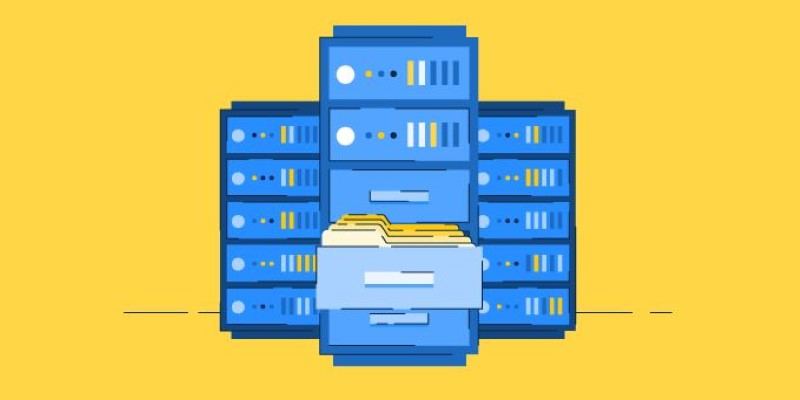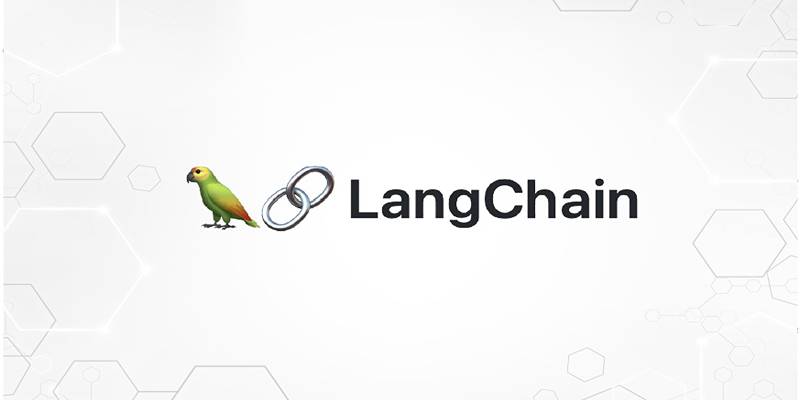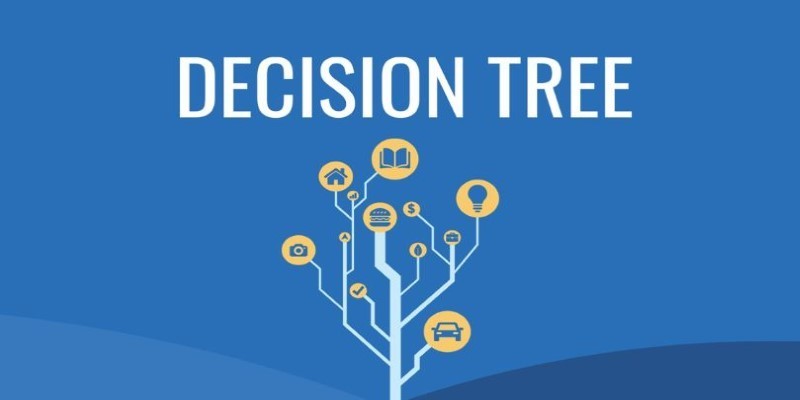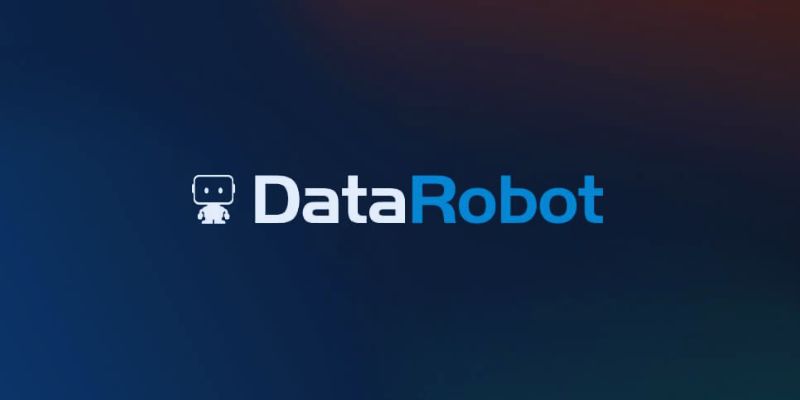Advertisement
Every click, purchase, message, or search we make creates information that needs to be kept somewhere. But keeping track of so much data isn’t as simple as saving files in a folder. Information has to be organized, easy to find, and dependable, especially when millions depend on it.
That’s where a database comes in — a structured way to store and manage data so it actually makes sense and stays usable. Without databases, even basic tasks like checking a bank balance or booking a ticket would turn chaotic. Here’s what a database really is, and why we can’t function without it.
A database is a structured collection of information designed to make storage, access, and management easy and consistent. Unlike random files or paper records, a database organizes data into tables with rows and columns, allowing it to be searched and updated efficiently. Each table holds specific kinds of information, and these tables can relate to each other in logical ways.

The main purpose of a database is to store data in a way that avoids duplication and inconsistency. For instance, a bank can keep a customer’s information in one place while linking it to accounts and transactions, without repeating the same details over and over.
There are several kinds of databases, suited for different needs. Relational databases use tables linked through relationships. Other types, like document-based or graph databases, handle data differently to suit certain situations. No matter the type, the goal remains the same — making it easier to work with large or complex sets of information compared to simple lists or spreadsheets.
As the amount of information we generate grows, keeping it organized and reliable becomes harder. Businesses, hospitals, schools, and even individuals depend on databases to manage this growing data in ways that are fast and accurate.
One of the biggest reasons for using databases is efficiency. In a large library, finding one book from thousands would take hours without a proper catalog. A database works like that catalog, allowing quick searches, sorting, and filtering, even when millions of records are involved.
Databases also protect accuracy and consistency. When information is kept in multiple places, errors and contradictions are common. A database centralizes data, so everyone sees the same, most up-to-date information, whether it’s employees checking orders or doctors reviewing medical records.
Security is another important reason. Sensitive information — personal, medical, or financial — can’t simply sit unprotected. Databases offer features like permissions, encryption, and backup options to keep data safe from unauthorized access or loss.
Databases help systems grow smoothly. As businesses or services expand, they collect more data. Databases scale up to accommodate new information without slowing down. From a startup to a multinational company, databases keep operations running even as demands increase.
They also enable complex analysis. Companies can study customer trends, researchers can examine massive datasets, and governments can make informed decisions by analyzing stored information. Without a database, such analysis would take much longer and be prone to mistakes.
We depend on databases far more than we realize. Much of what feels seamless in daily life is made possible because of them.

When you shop online, the site checks its database to show you available products, records your purchase, and processes your payment. At a hospital, doctors access a database to view your medical history and update it with test results or treatments. Social media platforms rely on massive databases to store posts, comments, and user profiles.
Airlines use databases to manage bookings, schedules, and passenger details. Schools keep track of students’ grades, attendance, and exam results in databases accessible to teachers and administrators. Banks manage accounts, balances, and transactions in real time with databases, ensuring records stay correct across all branches and systems.
The secondary keyword data storage explains another benefit: organization. Rather than leaving files scattered and hard to track, databases keep everything structured and easy to grow as more is added. Organized data storage allows systems to remain fast and reliable, no matter how much information they hold.
Even small projects benefit from a database. Whether running a personal blog or a small shop, a database helps manage posts, inventory, or customer lists far better than a basic spreadsheet or manual system. The ability to search and update records quickly saves time and reduces errors.
Databases keep evolving. Cloud-based systems now let users access data from anywhere, supporting remote work and global teams. Technologies like artificial intelligence and machine learning rely on well-organized data stored in databases to train smarter systems.
As we produce more data every year, how we store and organize it becomes more important. A well-designed database can mean the difference between a fast, accurate system and a sluggish, error-prone one. The growing need for big data analytics, real-time decision-making, and connected devices ensures that databases and smart data storage practices will stay at the center of how we use information.
Though technology changes, the role of databases stays the same: keeping information reliable, structured, and easy to use. Without them, much of our digital world simply wouldn’t function.
A database is more than a place to keep information — it’s what keeps data useful, accurate, and secure. From online shopping and banking to healthcare and travel, we rely on databases to make systems run smoothly and keep records organized. They help avoid duplication, prevent errors, and protect sensitive data, even as the amount of information grows. Whether for business, research, or personal use, databases keep data storage efficient and manageable. In a world where information drives decisions and services, databases are the quiet systems making everything work as it should.
Advertisement

Discover how Emotion AI systems detect facial expressions, voice tone, and gestures to interpret emotional states.

Explore 8 strategic ways to use ChatGPT for content, emails, automation, and more to streamline your business operations.

Learn how ChatGPT helps you manage routines, nutrition, sleep, fitness, and focus for smarter wellness every day.

This guide shows how to set up ChatGPT on Android and iOS for private, smooth, and on-the-go AI conversations.

Explore how LangChain helps developers create smarter, scalable apps using LLMs, tools, memory, and workflows.

Learn how to use ChatGPT with 7 smart prompt categories—from DeFi to NFTs, analysis, education, and more.

What is a database, and why is it essential in managing information? Learn how databases keep data organized, secure, and accessible in everyday life

How Microsoft Copilot lets you access GPT-4 Turbo for free. Learn step-by-step how to use Copilot for writing, research, coding, and more with this powerful AI tool

Ever wondered how decision trees decide on the best split? Learn how decision trees work, how to tune them, and when they shine as a model for your data

DataRobot's Enterprise Suite helps businesses manage generative AI with governance, monitoring, and compliance for safe AI use

Explore how ChatGPT helps with car modification by offering tailored advice, upgrade planning, and technical insights.

Learn how Claude AI offers safe, reliable, and human-aligned AI support across writing, research, education, and conversation.